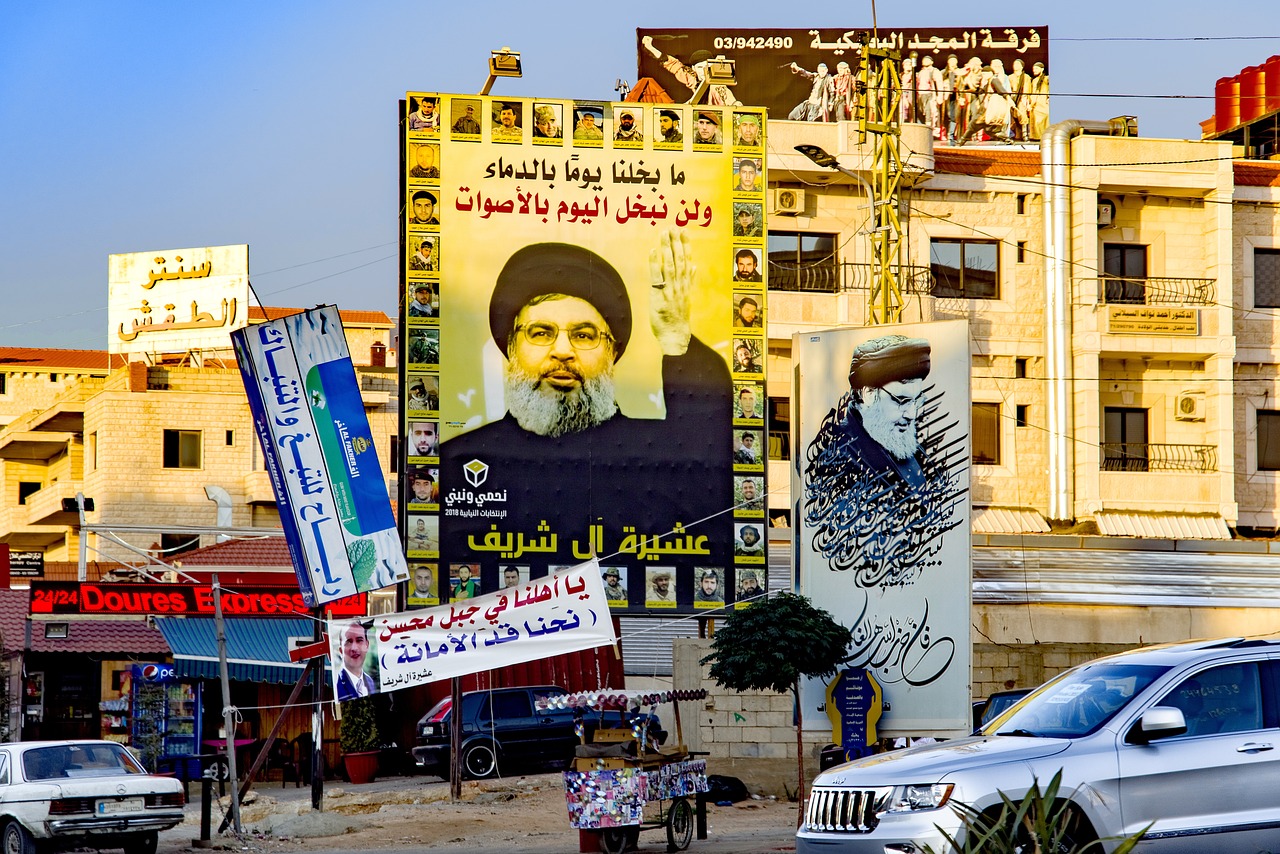Zakir Naik is a name that sparks both admiration and controversy in the realm of Islamic scholarship and public speaking. Known for his engaging debates and lectures on Islam and comparative religion, Naik’s influence extends beyond borders, impacting millions of followers and critics alike. This article delves into his life, career, and the controversies that surround him, providing a balanced overview of his impact on contemporary religious discourse.
Early Life and Education
Zakir Naik was born on October 18, 1965, in Mumbai, India. Raised in a family with a strong Islamic background, Naik’s early education was influenced by his father, who was a physician and a devout Muslim. Zakir pursued his medical degree at the Topiwala National Medical College and Nair Hospital in Mumbai. Although he initially planned to follow in his father’s footsteps, his life took a different turn as he became deeply interested in Islamic studies.
Naik’s foray into Islamic scholarship began with a profound interest in the Quran and Hadith. He spent years studying Islamic texts and traditional jurisprudence, and his passion for comparative religion led him to further explore the teachings of other faiths.
Career and Contributions
Rise to Prominence
Zakir Naik’s rise to prominence can be attributed to his dynamic public speaking skills and his ability to articulate Islamic teachings in a manner accessible to a global audience. His organization, the Islamic Research Foundation (IRF), established in 1991, played a crucial role in his journey. The IRF aims to promote Islamic understanding and counter misconceptions about Islam through various media, including television and online platforms.
Naik’s program, “Peace TV,” which launched in 2006, significantly boosted his reach. The channel broadcasts his lectures and debates, covering a wide range of topics from Islamic teachings to comparative religion. “Peace TV” has garnered a massive viewership, particularly in the Middle East, South Asia, and parts of Africa.
Comparative Religion and Public Speaking
One of Naik’s most notable contributions is his approach to comparative religion. He frequently engages in debates and discussions with scholars from other faiths, focusing on commonalities and differences between Islam and other religions. His method involves quoting scriptures from the Quran, Bible, and other religious texts to substantiate his arguments. This approach has won him praise from many followers who appreciate his scholarly rigor and ability to present Islamic viewpoints in a rational and reasoned manner.
Controversies and Criticisms
Allegations of Extremism
Despite his achievements, Zakir Naik has been a controversial figure. His critics accuse him of promoting extremist views and intolerance. Some of his statements on issues such as jihad and non-Muslims have sparked significant debate and criticism. Naik has been accused of inciting violence and spreading radical interpretations of Islam, although he has consistently denied these allegations, maintaining that his statements are taken out of context or misunderstood.
Government Scrutiny
Naik’s controversial remarks have led to scrutiny from various governments. In India, where he was once a prominent figure, the government banned his organization, the Islamic Research Foundation, citing concerns over his speeches and their potential to incite violence. Several countries, including Bangladesh and Malaysia, have also imposed restrictions on his activities or barred him from entering due to his controversial views.
Legal Issues
In addition to political controversies, Naik has faced legal challenges. The Indian government has charged him with various offenses, including money laundering and inciting communal hatred. Naik has consistently denied these charges, claiming that they are part of a broader campaign against him by those opposed to his views.
Support and Advocacy
Global Support
Despite the controversies, Zakir Naik has a substantial base of support. Many of his followers view him as a beacon of Islamic knowledge and a defender of their faith. His supporters argue that his critics often misinterpret his messages and overlook his contributions to Islamic education and interfaith dialogue.
Naik’s supporters also emphasize his charitable work, including initiatives aimed at providing educational resources and support to underprivileged communities. His lectures often focus on promoting peace, tolerance, and understanding among different religious communities.
Influence on Islamic Education
Zakir Naik’s influence extends to the field of Islamic education. His lectures and debates have inspired many young Muslims to delve deeper into Islamic studies and engage in interfaith dialogue. His emphasis on rationality and scriptural evidence has resonated with audiences seeking a modern approach to Islamic teachings.
FAQs About Zakir Naik
Who is Zakir Naik?
Zakir Naik is an Islamic scholar and public speaker known for his lectures on Islam and comparative religion. He is the founder of the Islamic Research Foundation (IRF) and the Peace TV network.
What is Peace TV?
Peace TV is a television channel founded by Zakir Naik that broadcasts his lectures and discussions on Islamic teachings, comparative religion, and related topics. It aims to promote understanding of Islam and counter misconceptions about the religion.
Why is Zakir Naik controversial?
Zakir Naik is controversial due to his statements on various sensitive topics, including jihad and non-Muslims. Critics accuse him of promoting extremist views and intolerance, while his supporters argue that his statements are often taken out of context.
Has Zakir Naik faced legal issues?
Yes, Zakir Naik has faced legal challenges, including allegations of money laundering and inciting communal hatred. The Indian government has banned his organization, the Islamic Research Foundation, and several countries have imposed restrictions on his activities.
What is Zakir Naik’s stance on interfaith dialogue?
Zakir Naik advocates for interfaith dialogue and often engages in debates with scholars from other religions. He aims to highlight the commonalities between Islam and other faiths while addressing misconceptions about Islam.
What is the Islamic Research Foundation (IRF)?
The Islamic Research Foundation (IRF) is an organization founded by Zakir Naik that focuses on promoting Islamic understanding and addressing misconceptions about Islam. It conducts educational programs, publishes literature, and operates the Peace TV network.
How has Zakir Naik contributed to Islamic education?
Zakir Naik has contributed to Islamic education through his lectures, debates, and written works. His approach to teaching emphasizes rationality and scriptural evidence, and he has inspired many young Muslims to pursue further studies in Islam.
Conclusion
Zakir Naik is a polarizing figure whose influence on Islamic scholarship and public discourse is undeniable. His contributions to comparative religion and Islamic education are significant, yet his controversial statements and legal troubles have overshadowed his achievements for many. Understanding his impact requires a nuanced view of both his contributions and the criticisms leveled against him. Whether viewed as a beacon of Islamic knowledge or a contentious figure, Zakir Naik’s legacy in the realm of Islamic discourse continues to evolve, reflecting the complex nature of contemporary religious dialogue.










